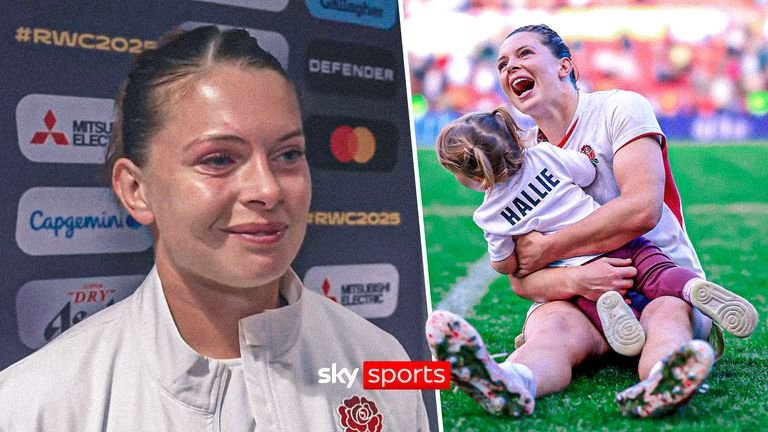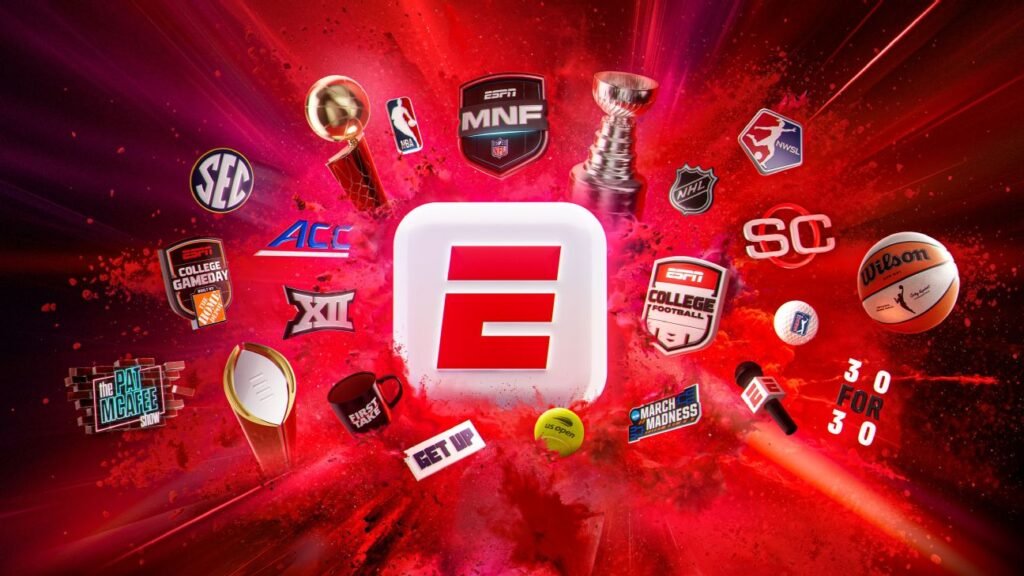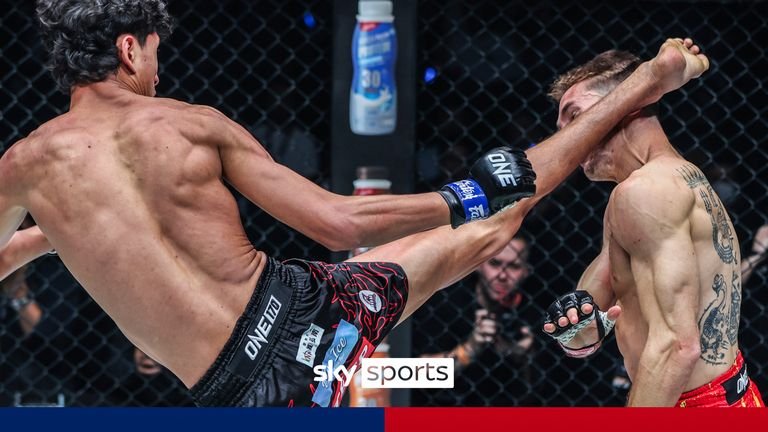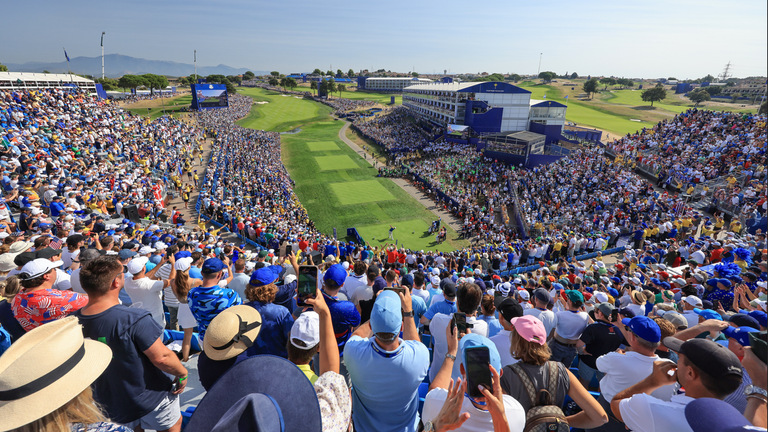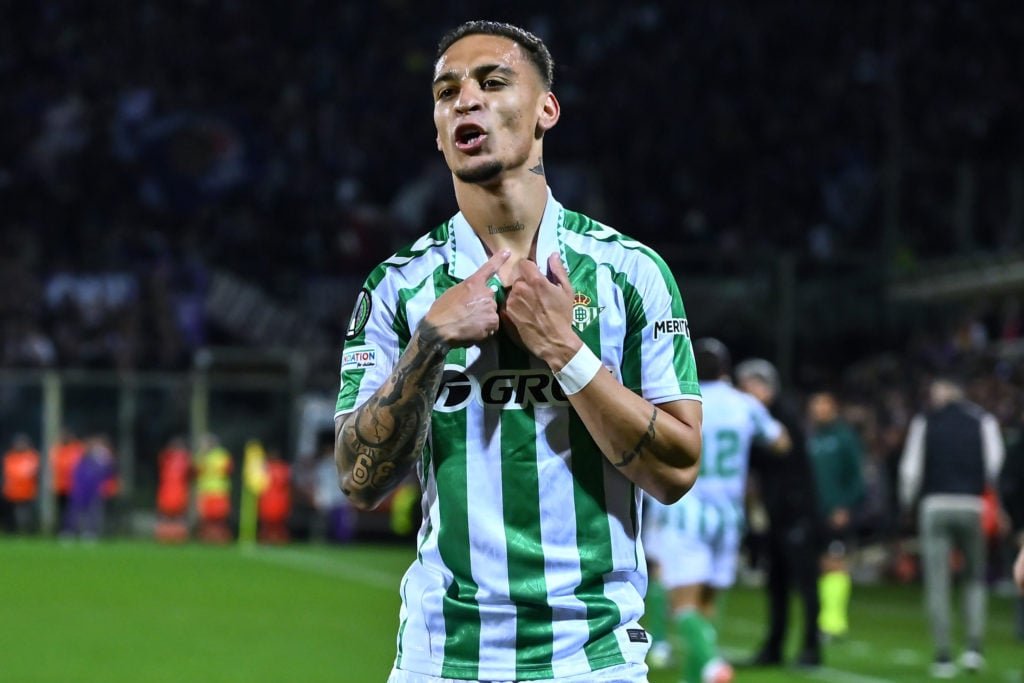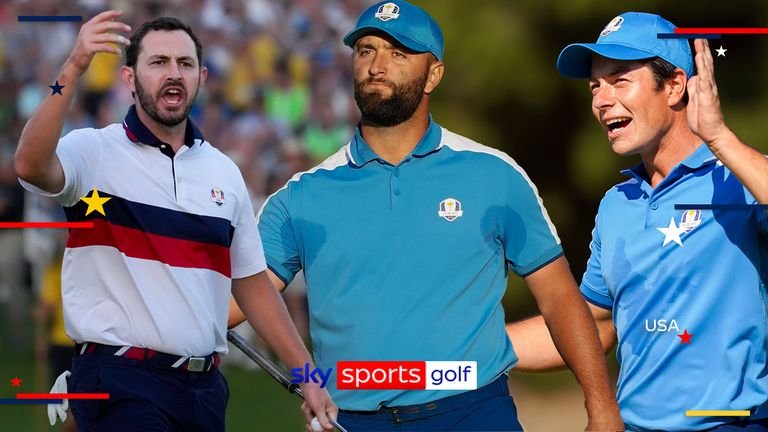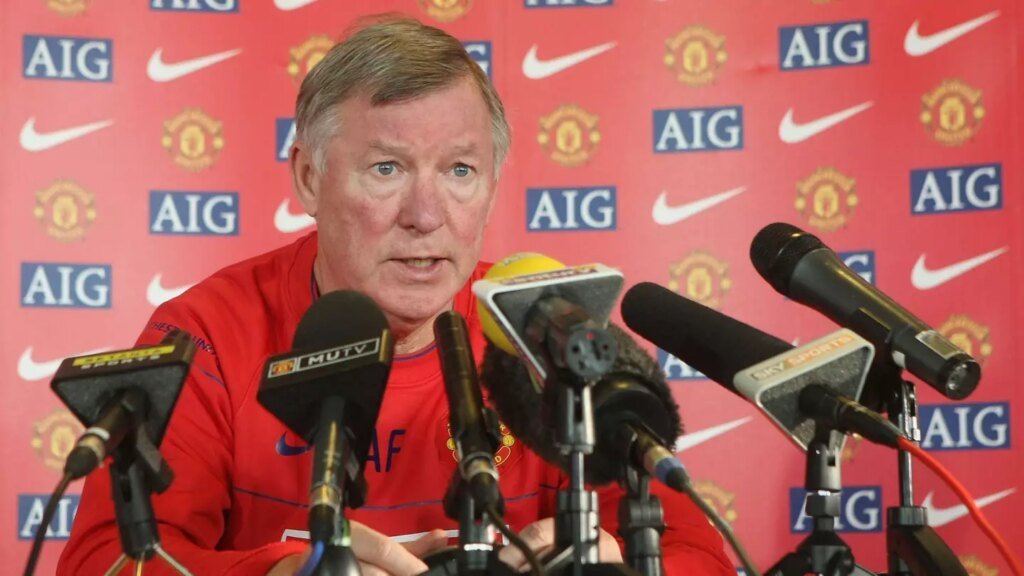Something interesting happened in Liverpool’s late, late win over Burnley this month.
Shortly after Hannibal Mejbri was penalised for the penalty that Mohamed Salah converted to claim victory, a group of Burnley supporters could be heard reprising a chant that has become increasingly common over the past few seasons.
“Premier League, corrupt as f***.
On the face of things, it was pretty jarring. This was one of the more obvious decisions you are likely to see, a clear handball that raised hardly any sort of protest from Burnley players. There was little evidence of a refereeing error having been made, let alone corruption on an institutional level.
But the chant seems to have become the default reaction during games to any adverse event, and it would probably be quicker to list the grounds at which it has not been sung, though it has been particularly loud and notable from fans of Everton, Newcastle United, Nottingham Forest, Wolverhampton Wanderers and Aston Villa.
As well as the Hannibal incident at Burnley, maybe the most prominent recent example is when St James’ Park reacted to Anthony Gordon being sent off for pretty clearly taking a chunk out of Virgil van Dijk’s heel. Another fairly straightforward decision, so the chant often sounds absurd when taken literally.

Anthony Gordon is sent off against Liverpool (Stu Forster/Getty Images)
But chants should not necessarily be taken literally. Most fans will acknowledge that their team is probably not the greatest the world has ever seen. Salah is not technically an Egyptian king. Does every Manchester United supporter who sings in support of Ruben Amorim sincerely believe he will bring the glory days again? Possibly not.
Instead, they are representative of something else, an expression of something, usually a wider emotion or point. It could be a way of showing love for your club in general, support for or celebration of a manager or player, or it could be a form of rage, a way of making clear your anger.
This particular chant seems to be partly motivated by all of those things, but it is also about something more specific than merely unfocused rage.
A fairly sizeable group probably believe, on some level, that there is corruption in the game, or they have bought into a conspiracy theory that says the structures of football have, for some reason, been organised to hold back their club. You could link this to a broader public mood in wider society and the modern political landscape… but that is a much wider question.
Instead, according to a range of fans The Athletic has spoken to, many do not actually believe the Premier League is genuinely corrupt. Instead, it has become a form of protest, not necessarily against any specific incident, but against the wide array of problems that face football supporters in 2025.
It would take more time than any of us has to list them all, but here are a few.
For a start, actually going to a game comes with a toilet-roll-long list of caveats. The cost of tickets is the obvious starting point. But getting tickets is a trial: at many clubs, you must pay for a membership before you are actually granted the privilege of queuing up to pay those extortionate prices. If you do get a ticket but can’t go to the game, it is becoming increasingly difficult to pass it on to a friend without getting a stern email from the club. If you have a ticket, cannot go but decide the hassle of passing it on to a friend is too much, expect another stern email for non-use. Tickets are mostly digital now, which is fine if you have a smartphone and can use it, but very problematic if not.
Then there is the actual in-stadium experience. Cramped seats. Poor views. Draconian stewarding. Inadequate provision for disabled fans. VAR. VAR when it goes wrong. VAR when it takes ages but eventually gets the decision right. VAR when it takes ages but gets the decision wrong. Refereeing standards in general.
If that all means you either cannot afford to go to games or are dissuaded from doing so, no problem, you can watch on TV. But if you are in England, you will need at least two subscriptions to watch the majority of games, so that will be north of £100 per month, please. And even then, you cannot watch every game.
And that is before you get to the wider, structural issues. Opaque, if often well-intentioned, financial rules that are actually unfair, or that have not been explained well enough and so give the impression of being unfair. Clubs with clever accountants getting around those rules by selling stuff to themselves. The perception that there are inconsistent punishments for those who break those rules.
There is more. Multi-club ownership groups gradually eroding the identity of those clubs. Dissatisfaction about the way rules against multi-club ownership are enforced. The constant addition of more games, more competitions, leading to the dilution of the sport. Gambling sponsorships. Gambling sponsorships by companies that do not seem to exist. Crypto sponsorships. The hijacking of the sport and the community institutions that built it, by noxious forces using it for their own means. The general contempt with which fans are held. Salt Bae.
This is by no means a comprehensive list. You can add your own personal irritation here.

Everton fans display an anti-Premier League banner at a game in December 2023 (Robbie Jay Barratt – AMA/Getty Images)
And the bigger problem is that fans, as a rule, do not have much leverage, or avenues to effectively protest. Clubs do not care if you decide to boycott games: there are probably 10 other people lined up to pay for your seat, and if you support a big, tourist-friendly club, are probably prepared to pay more than you are. In-person protests are routinely ignored. Online ones even more easily.
There have been some localised examples of fan protests affecting actual change, or forcing clubs into U-turns (the response to the European Super League being the most prominent example), but they are limited. Social media has theoretically given every fan a voice, but in reality supporters have never been so powerless.
So they express their protest in ways that can be heard. Think of it as the modern-day equivalent of a crowd screaming “the referee’s a w*****”, or “cheat, cheat, cheat”. Not perhaps literally true, but it is difficult to be nuanced when you are at a game and emotions are running high. Your expressions are typically reduced to the core elements, to the quickest and clearest way possible of letting your feelings out.
Even if you do not actually believe the Premier League is corrupt as f***, there is a lot to be angry about. So next time you hear that chant, and wonder why it is being sung in reaction to a routine debatable decision, that is the explanation.
(Top photo: Burnley concede a late penalty against Liverpool/Stu Forster/Getty Images)

